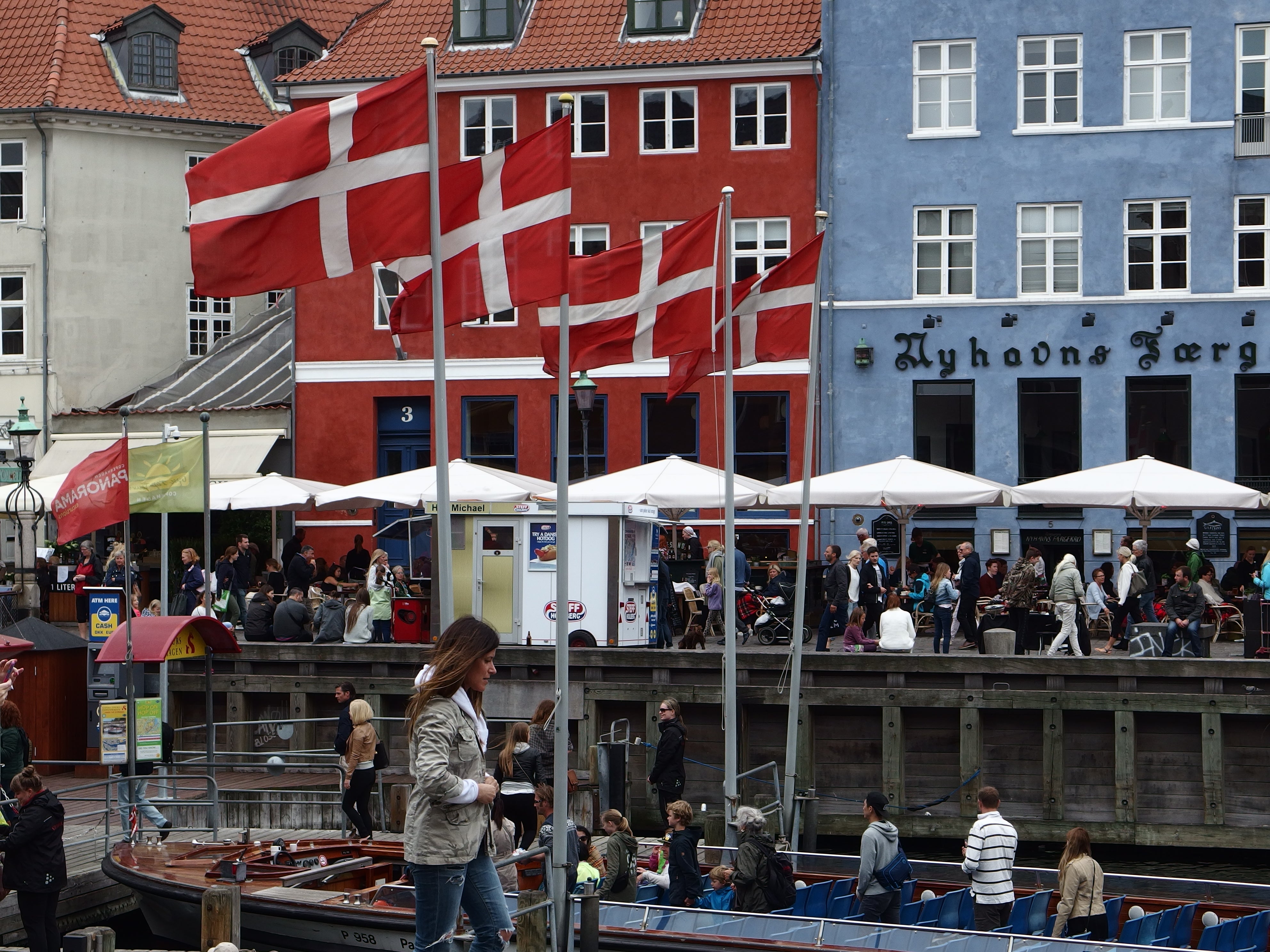Quarantine: Will Denmark and Iceland join the ‘no-go’ list this week?
No sign of Bulgaria, which remained below the government threshold for months, losing the ‘high-risk’ label

Your support helps us to tell the story
From reproductive rights to climate change to Big Tech, The Independent is on the ground when the story is developing. Whether it's investigating the financials of Elon Musk's pro-Trump PAC or producing our latest documentary, 'The A Word', which shines a light on the American women fighting for reproductive rights, we know how important it is to parse out the facts from the messaging.
At such a critical moment in US history, we need reporters on the ground. Your donation allows us to keep sending journalists to speak to both sides of the story.
The Independent is trusted by Americans across the entire political spectrum. And unlike many other quality news outlets, we choose not to lock Americans out of our reporting and analysis with paywalls. We believe quality journalism should be available to everyone, paid for by those who can afford it.
Your support makes all the difference.Denmark and Iceland are set to be the next countries to be added to the government’s no-go list.
As new coronavirus infection rates increase across Europe, the transport secretary, Grant Shapps, is expected to remove quarantine exemption from more nations at 5pm on Thursday. At the same time, the Foreign Office will warn against travel to those countries
The latest figures from the European Centre for Disease Prevention and Control (ECDC) show that the rate of new infections per 100,000 in seven days in Denmark has more than doubled in the past week.
Wednesday’s figures show a rate of 63. The British government’s threshold is 20, and the UK itself is at 44.
Iceland has experienced an even steeper rise in cases. In the four weeks from 19 August, it kept daily new infections in single figures. But for the past week they have been running at an average of 35 per day. With a population of barely one-third of a million, the rate per 100,000 has risen to 69.
The Department for Transport (DfT) takes into account a wide range of factors, so going above the threshold is not a sufficient condition for triggering quarantine.
Greece, which is a far more popular destination in September than Denmark and Iceland combined, has seen its infection rate climb from 17.7 to 20.5 in a week.
Although this technically places Greece above the threshold, it includes seven Greek islands on the no-go list. They include Lesbos and Santorini, which have infection rates above the threshold. If they are subtracted, the figure for the remainder of Greece goes below 20.
This may be enough to stop England, Wales and Northern Ireland imposing quarantine for travellers from the rest of Greece; Scotland already requires arrivals from any part of the country to self-isolate for two weeks.
Slowly increasing infection rates in Italy are causing concern; Wednesday’s figure is 18.1, an 11 per cent increase in a week. Were this to continue, Italy could become a “no-go” nation early in October.
However, it is possible that an island such as Sardinia, where rates are high, could lose quarantine exemption while the rest of the country retains it.
Turkey is showing a very small increase (13.8 to 14.2) in the course of a week, but as long as no other factors are at work, it looks likely to remain a low-risk country.
However, there is no sign of Bulgaria – which has lower rates than Turkey and has remained below the government threshold for months – losing the “high-risk” label and opening up for autumn holidaymakers.
All African countries remain on the DfT’s no-go list, despite extremely low recorded rates of new infections in countries such as Egypt, Tunisia and Rwanda.

Join our commenting forum
Join thought-provoking conversations, follow other Independent readers and see their replies
Comments